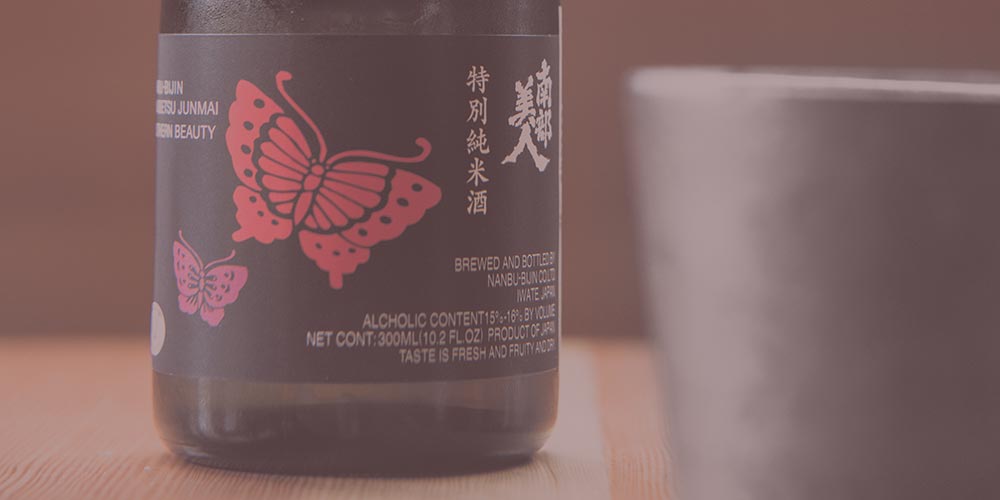Last Updated: 2/3/2021
Nanbu Bijin is one of the sake world’s treasures. They have won countless industry awards and are the flag-bearer of the famous Nanbu brewing style.
In this post, you’ll learn the history of the brewery and get an overview of what makes them so special. You’ll also discover their award-winning brands and compare prices and retailers.
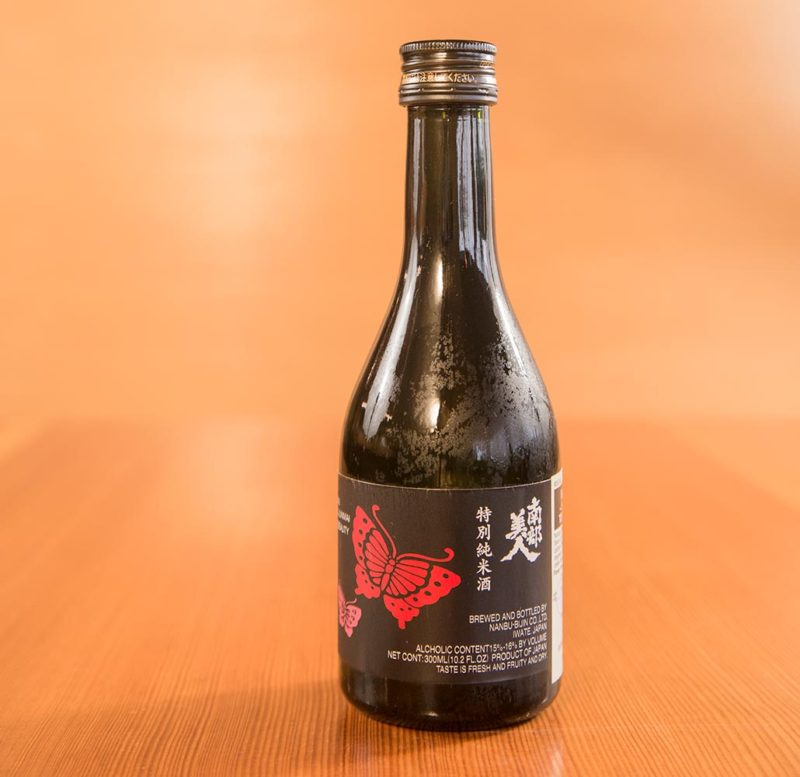
The History of Nanbu Bijin: Southern Beauty
This legendary sake producer had a quiet start. The brewery was founded in 1902 in Ninohe, Iwate (岩手) as Kuji Shuzo. The family-run company had been a soy sauce brewer.
Sueta Kuji became their first sake brewer, initially using soy sauce brewing techniques. And while this may sound odd to some, brewing soy sauce has similarities to sake brewing.
At this time, their sake was bottled under the Hori no Tomo (堀の友) brand name.
Unfortunately, Sueta Kuji died tragically young in 1916. His wife Nayo took over brewing until their son Hideo Kuji was old enough to succeed.
Hideo did take over eventually. He spent some time in the navy during WWII but survived to continue leading the brewery. After the war, Kuji-san made some savvy changes that would propel the fortunes of the company.
The Birth of Nanbu-style Brewing and Nanbu Bijin
The brewery began working with the Nanbu Toji (南部杜氏) brewing guild. And soon after, they took on the name Nanbu Bijin (南部美人). The word bijin means beauty and is in reference to their sake’s flavor profile.
Nanbu Bijin also received help from legendary sake toji (brewers) Sagoro Hirano and Hajime Yamaguchi. They would show Nanbu Bijin how to make premium ginjo-shu sake. This new style was revolutionary and helped them compete with the industry’s mega-breweries.
With the help of Tokyo alcohol retailer Koizumi, Nanbu Bijin’s ginjo-shu gained wide distribution in Japan. Their sakes were a hit. This was in spite of a general decline in sake popularity domestically.
Nanbu Bijin Today
The brewery now produces umeshu and fruit liqueurs, in addition to sake. Their sake is exported across the globe and has become extremely popular. Nanbu Bijin routinely wins domestic and international awards.
The future is bright for this innovative, quality-focused sake brewery.
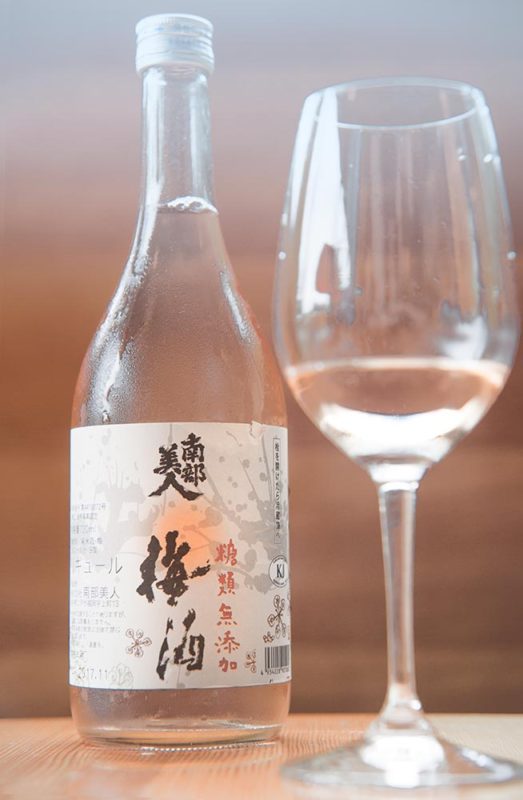
Nanbu Bijin’s Dedication to Quality Sake Rice
Nanbu Bijin is heavily involved in their rice management and utilizes mostly local and organically-grown rice strains. They also mill much of their own rice, which is not a common practice.
Iwate rice cultivars Ginginga (吟ぎんが) and Ginotome (ぎんおとめ) are featured prominently in their sake. The newer grain Yui no Ka (結の香) is also increasingly being used.
Nanbu Bijin also uses rice types that aren’t Iwate specialties. This includes Miyama Nishiki, Sasa Nishiki, Toyo Nishiki, and even the southern sakamai Yamada Nishiki.
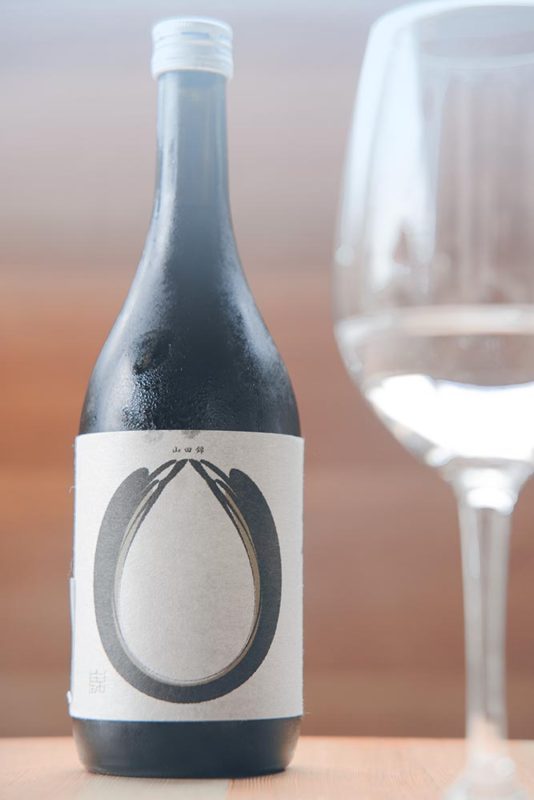
The Terroir of Nanbu Bijin: Their Well Water
It is often said that water is the terroir of the sake brewery. The brewery at Nanbu Bijin was built, in part, around their well. It’s relatively shallow but produces a large volume of water.
This well water is nearly blue in color and is medium-hard. It contains no iron or manganese and plenty of beneficial elements and compounds that yeast and koji love.
Brewing Philosophy and Sake Style
Nanbu Bijin sake is typically light, fruity, pretty, and smooth. Their Junmai-shu, Honjozo-shu, and Futsu-shu often exhibit some grainy notes.
Nanbu Bijin sake is mostly hand-made. However, they do mix modern and traditional brewing equipment and techniques. This ensures precise control of the brewing process. It also allows them to produce a wide range of flavor profiles.
Nanbu Bijin sake is carefully pasteurized by quickly heating, followed by the rapid cooling of the fresh sake. This method preserves much of the fruity and fresh qualities their sake is famous for having.
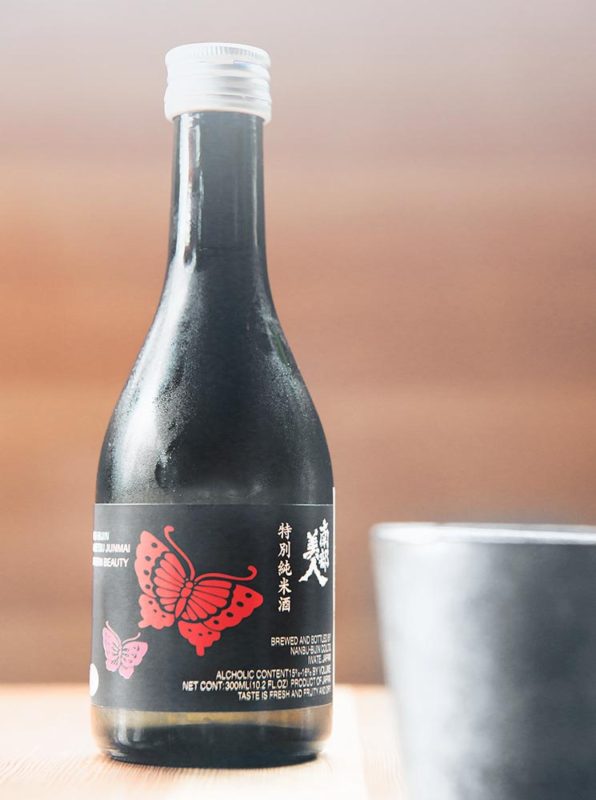
Shop Sake from Nanbu Bijin
We may earn commissions on qualifying purchases.
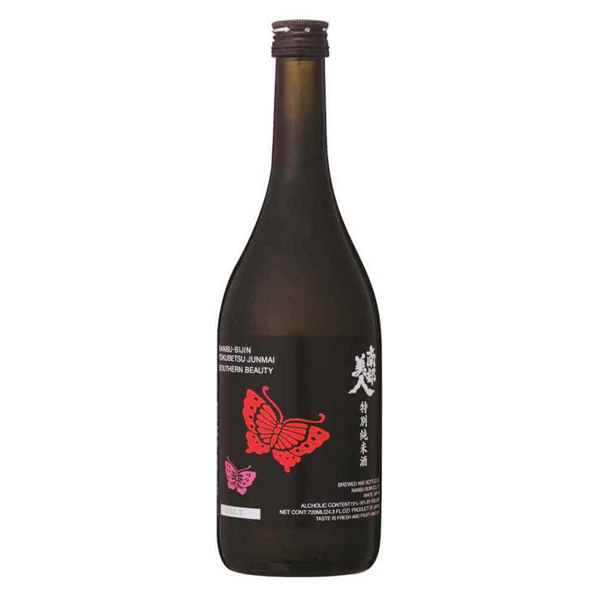
Nanbu Bijin Tokubetsu Junmai
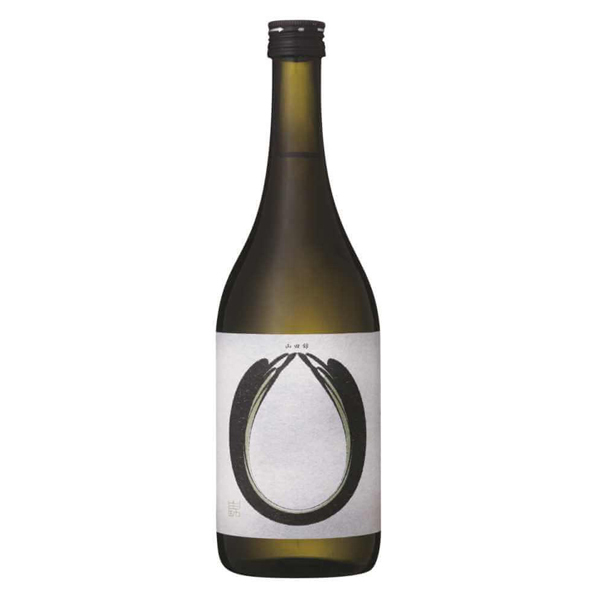
Nanbu Bijin Shinpaku Junmai Daiginjo
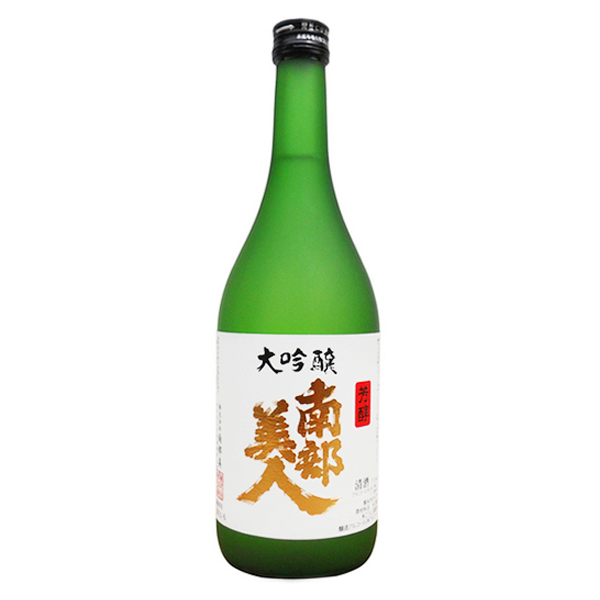
Nanbu Bijin Daiginjo
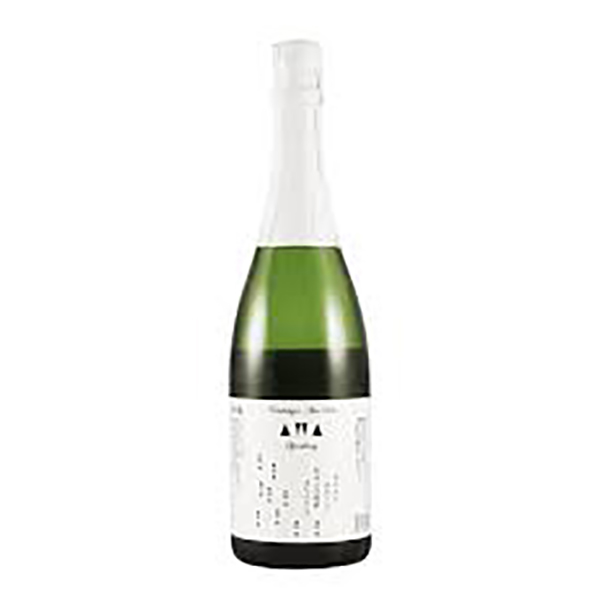
Nanbu Bijin “Awa Sparkling”
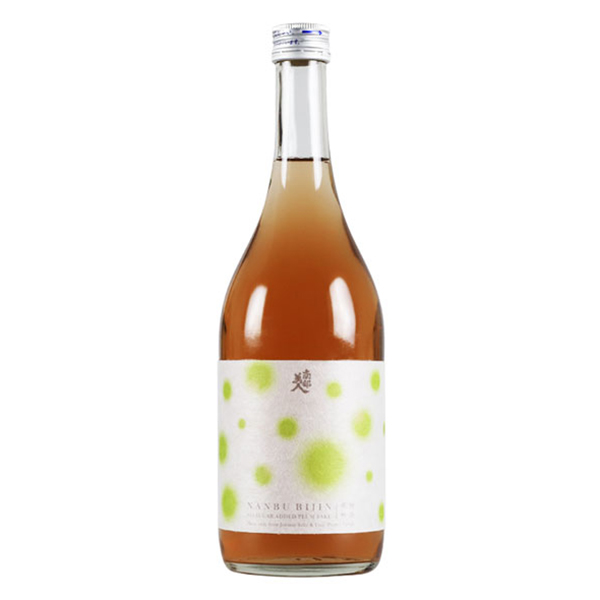
Nanbu Bijin Plum Sake
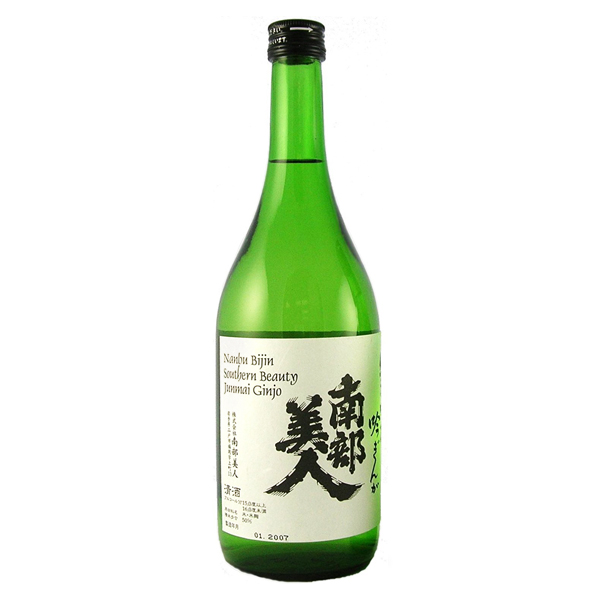
Nanbu Bijin Junmai Ginjo
Follow the Japanese Bar on Social Media
Get our latest posts, the best Japanese alcohol and food info, and receive exclusive promotional offers. Level-up your Japanese sake IQ!
